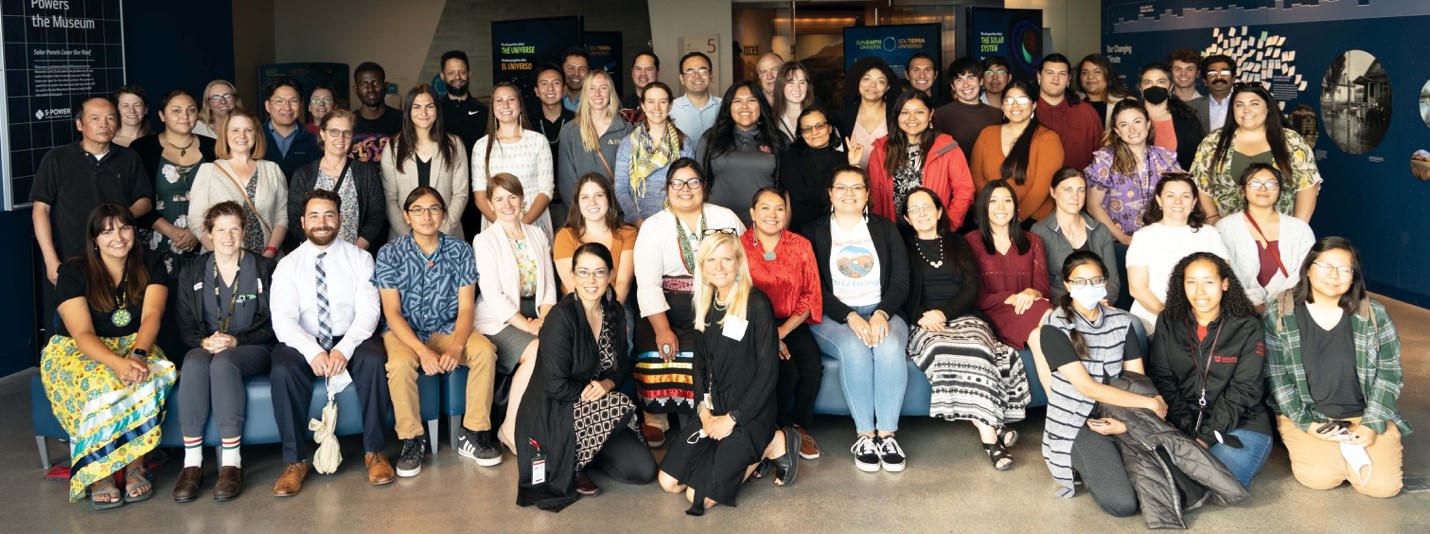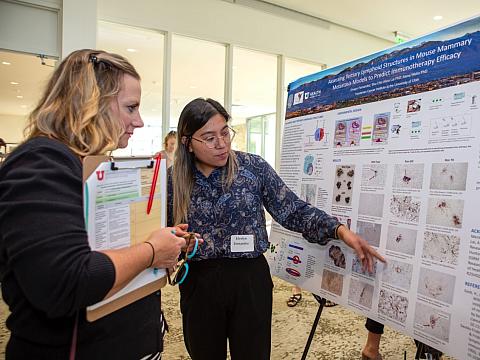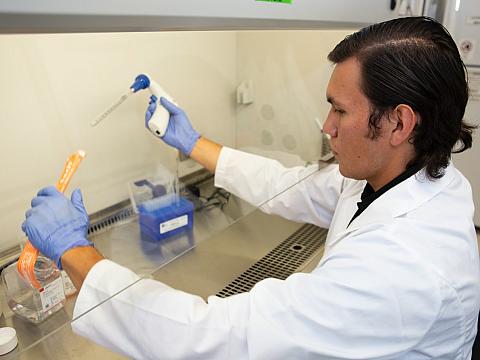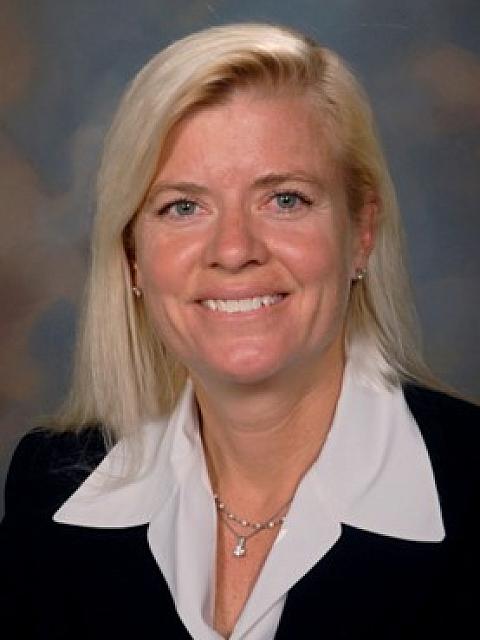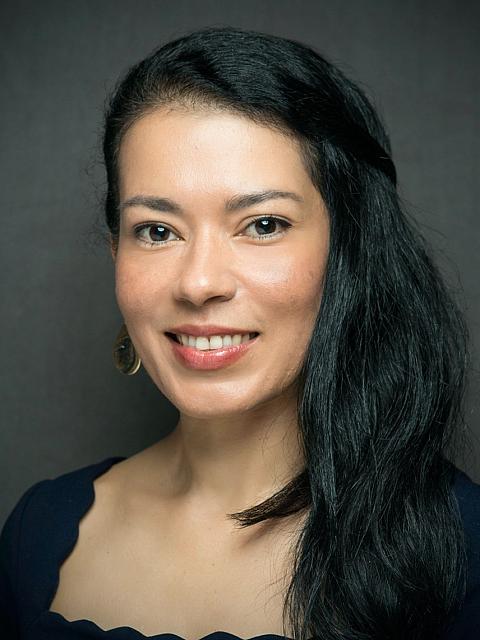Voices of U of U Health
Breaking Barriers to Health and Biomed Careers
This summer, dozens of students from across the country visited the University of Utah to participate in two research programs that help students from underrepresented communities find their place in health and biomedicine.
The Native American Research Internship (NARI) and Genomics Summer Research for Minorities (GSRM) programs, hosted by the Department of Pediatrics Research Education Office at University of Utah Health, give students valuable research experience in their fields of study. They also provide fellowship, mentorship, and lasting connections with peers.
The programs also prove to the students that they belong in, and can contribute to, these fields, giving them experience and confidence to know they can succeed as the next generation of leaders in health and biomedicine.
10 Weeks of Research and Fellowship
NARI is a 10-week summer internship for American Indian and Alaska Native undergraduates that began in 2010. Juniors and seniors can take part in biomedical and health science research while they receive academic and career support and mentoring.
NARI has welcomed students from tribes across America, representing 54 tribal nations from 26 states and 71 universities and colleges.
The 10-week GSRM program is for students interested in biosciences or bioinformatics with a focus on genomics research. First hosted in 2019, it’s aimed at preparing under-resourced students for graduate school, medical school, or biomedical careers. More than half the GSRM participants have been first-generation college students.
These two programs work with students from diverse backgrounds so they can gain experience and see themselves as leaders in medical and scientific fields. Students in the NARI and GSRM programs are completing their undergraduate research and planning to become PhD scientists, health care providers, and researchers in biotech companies.
Students are housed on the health sciences campus, giving them close fellowship and networking with mentors and near peer co-mentors. This year, a grant from the Department of Pediatrics provides transportation in Salt Lake City, affording more independence to the students throughout the summer.
Another key benefit offered by the programs is financial support to send students to national meetings and conferences to present their findings.
Support for Students and Communities
Wallita Ranger, a Utah native and member of the Navajo Nation, is a NARI program coordinator who works with students to get the training they'll need, as well as coordinating travel and other needs.
She says that NARI has mentors who support students' career goals, and cultural mentors who support the students mentally and spiritually. Many Native Americans' cultural and religious life involves spirituality, Ranger adds, and the cultural mentors help provide spiritual and mental connection for the stresses of college life.
"Providing them someone they can connect with spiritually and mentally is very good for them when they're taking on the stress of going to college… and navigating this whole new life and continuing on in education," Ranger says.
The NARI and GSRM programs don't just help the students who take part in them. Study after study has shown that diverse teams are more efficient, better performing, and consider different points of view, making diverse representation in science and medicine good for everyone. The results will also help Native American and under-resourced communities.
Native American patients and traditionally under-resourced communities respond better when their doctor looks like them and holds their same values. Patients are more likely to trust that person and be open about their health or personal needs. NARI alumni will be especially able to address health challenges faced by Native American communities, such as predisposition to diabetes or lack of prenatal health care. And the addition of diverse ideas and perspectives to science and medicine will push the fields forward in new ways.
How the Programs Have Made a Difference
Thanks to the research and generation of leaders being prepared, the programs have made a lasting impact on science and medicine. They’ve also made an impact on the students who've participated.
Out of 151 NARI participants in previous years, 31 have been accepted into medical school, and 43 into graduate programs. Three NARI alumni have been accepted into MD/PhD programs; one will matriculate at the University of Utah in 2022. Another 24 students completed the NARI program this year.
The younger GSRM program has hosted 26 students in previous years, with another 15 this year. Six students have been accepted into graduate programs and two into MD/PhD and MD programs. Of note, two GSRM alumni students accepted MD/PhD and post-graduate programs at the University of Utah. Another five students are enrolled in post-baccalaureate programs and plan to apply to medical school and graduate programs within the next year.
One lasting and personal legacy is in the relationships created.
"Even after I was done with NARI, there were massive amounts of opportunities provided for me,” Ranger says. “And just having other native students around was beneficial. Those are friendships I still have and colleagues I still talk to today."
